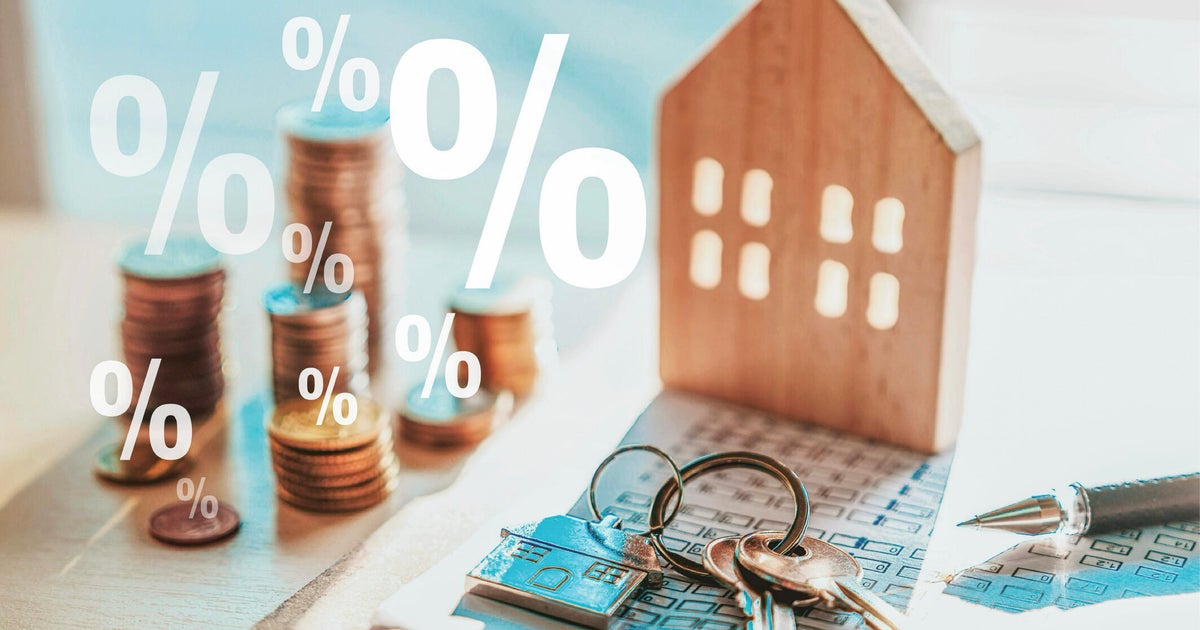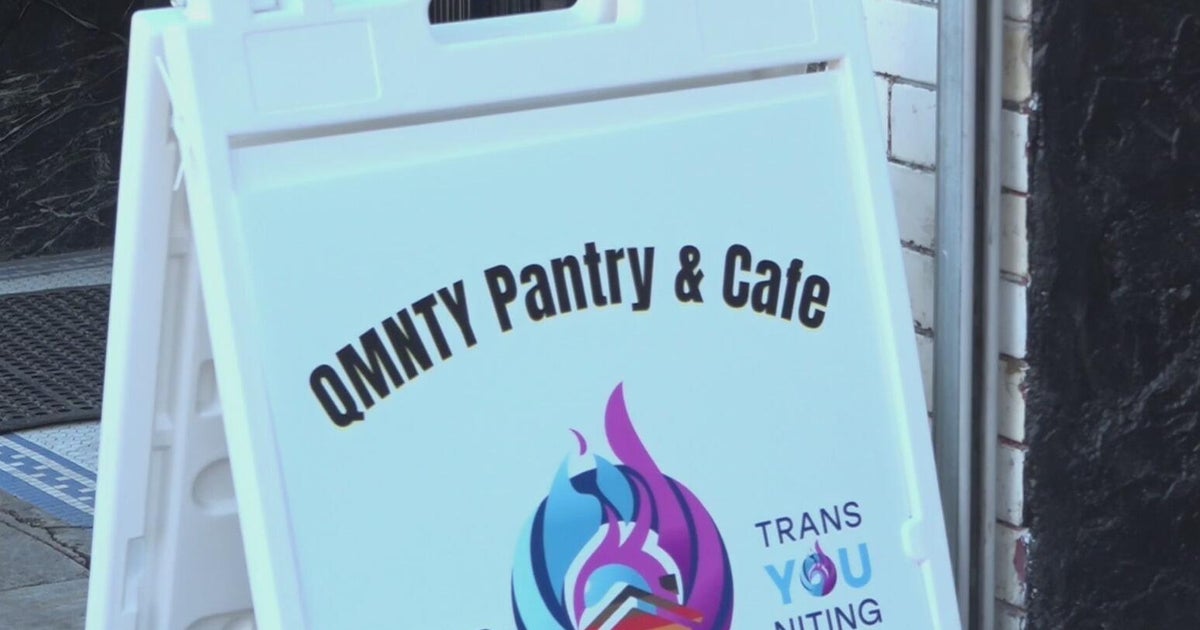How to get the best mortgage refinance rates, according to experts
Many homeowners face the dual challenge of higher everyday costs and higher interest rates. Affording mortgage payments, along with typical purchases like gas, groceries, and tuition, can be tough. However, taking out new loans to cover these extra costs can also be relatively expensive.
Still, there are times when it makes sense for homeowners to refinance their mortgages to improve their financial situation. In these cases, getting the best rate possible is essential.
See today's mortgage refinance rates here.
When mortgage refinancing is worth it
Refinancing your mortgage might be a smart decision for the following purposes.
To get a lower interest rate
If you took out a mortgage at a higher rate than current refinance rates, refinancing now could get you a better rate — especially if you had a situation like a low credit score that only qualified for a high interest rate, but your credit score has since improved.
Refinancing can also help you get a lower interest rate on your total debt.
For example, a large remodel project funded by a home equity line of credit (HELOC) could potentially carry a higher interest rate than a fixed-rate mortgage refinance, which could make sense if "the amount of the project is much higher than the current amount owed on the existing mortgage loan," says Jerry Koors, president, Merchants Mortgage at Merchants Bank of Indiana.
Similarly, refinancing can help cover existing obligations, like "paying off high-interest debts such as credit cards," says Ben Miller, CEO of SimpleNexus, an nCino company and mortgage software provider. "With rampant inflation driving up the cost of living substantially, many people have turned to credit cards to maintain their living standards."
To drop mortgage insurance
In some cases, refinancing can enable you to drop private mortgage insurance (PMI).
Many homeowners can request that their lenders drop PMI when they reach 20% equity, but refinancing to a different type of loan and/or lender might help you drop PMI even if you're below that mark. Still, you should compare total costs, as a lender might forego PMI in exchange for higher interest rates.
For those with lender-paid mortgage insurance (LPMI), refinancing once you hit 20% equity can remove this coverage to potentially save you money overall.
To change the mortgage type
Another reason to refinance is to change the type of mortgage you have.
Considering rates could rise in the near term, "it could be beneficial for borrowers to switch from an adjustable-rate mortgage to a fixed-rate mortgage. This would provide them with the certainty of consistent repayments," says Josip Rupena, founder and CEO of Milo, an online mortgage provider.
Or, refinancing to a shorter loan term, such as switching from a 30-year to a 15-year mortgage, could make sense. "This would result in higher monthly payments but save money in the long run due to less interest paid overall," Rupena says.
View current mortgage refinance rates now to see if this option is right for you.
How to get the best mortgage refinance rates
If you're interested in a mortgage refinance loan, you can better position yourself to get the best interest rates by taking the following steps.
Improve your credit score
In general, higher credit scores qualify for lower interest rates.
"A solid credit score can make a big difference," says Rupena.
Paying your bills on time, keeping your credit card balances low and regularly checking your credit report — such as to spot errors that hurt your score — can help boost your score, Rupena adds.
Pay down debt
Not only can managing your debt help your credit score, but it also can directly contribute to qualifying for a better refinance rate as lenders look at your debt-to-income ratio (DTI).
"A lower DTI ratio is more appealing to lenders. You can achieve this by reducing your debt or increasing your income," says Rupena.
Build equity and/or savings
Increasing your home's equity and/or savings can mean gaining more favorable terms from mortgage refinance lenders. Plus, borrowing less can mean paying less interest overall.
In some cases, achieving these increases is a matter of letting time pass. But you also might be able to increase equity with cost-effective home improvements.
"If your home has a significant amount of equity and you can put down at least 20% of the loan amount, you'll likely see a lower interest rate for refinancing," says Dan Dadoun, executive vice president of sales at Silverton Mortgage.
"But it's important not to automatically assume you don't have enough equity or rates are too high. Make sure you talk to a licensed mortgage loan originator who can accurately determine your financial situation and provide you with the best options," Dadoun adds.
Find your perfect mortgage refinance loan — get started here today!
Shop around for lenders
Lastly, taking the time to shop around at different mortgage refinancing providers can help you get a better deal.
"My top tip for securing the best mortgage refinance rate is to compare lenders for the best options available. But, make sure you are comparing similar products and terms," says Koors.
"Items to compare would be term, rate, points — if any — and fees. There are some occasions where what appears to be a lower-than-normal rate is only possible with excessive fees and points," Koors adds.
The bottom line
By following these tips above, you can increase your odds of getting better refinancing rates and overall loan terms.
Keep in mind, however, that not everyone benefits from refinancing. In addition to relatively high interest rates at the moment, additional expenses like closing costs can make refinancing not worth it for some homeowners.
So, take stock of your financial situation and compare different lending options to determine if you're better off waiting to see if interest rates drop or finding a good refinancing deal now.
"Realistically, consumers aren't seeking to refinance right now unless they need to. In any market, securing the best available mortgage refinance rate depends on factors like the length of the loan — a shorter loan term usually comes with a lower rate — and the borrower's financial circumstances," says Miller.




